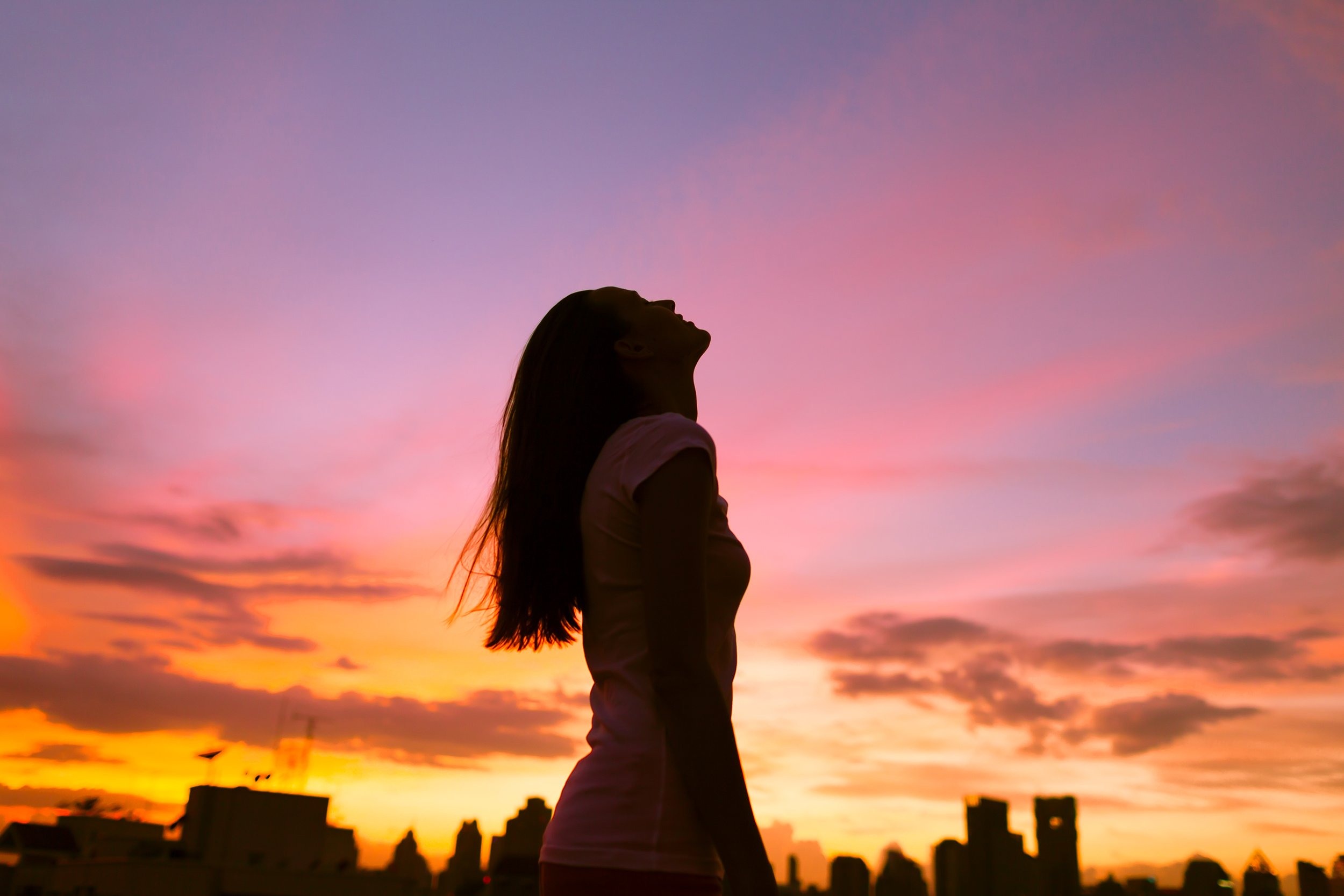
Empowering Recovery
Through Cycling
We are a non profit organization dedicated to supporting survivors of human trafficking in their journey toward healing and independence. Through our cycling programs, we provide therapeutic opportunities, foster community connections, and inspire empowerment.
Donations to our organization help fund:
RECOVERY
SERVICES
Direct support to survivors, including counseling, shelter, and vocational training.
CYCLING
PROGRAMS
Equipping survivors with bikes, gear, and mentorship to promote health, confidence, and freedom.
AWARENESS INITIATIVES
Advocacy efforts to educate the public about human trafficking and the power of cycling in recovery.

By contributing, you are transforming lives and giving survivors the tools they need to rebuild their futures. Together, we can pedal toward freedom and hope. Join the ride for change.

The Birth of the Aegis Cycling Foundation
The Aegis Cycling Foundation was born from a story of courage, resilience, and the unyielding desire to protect. Inspired by the work of a compassionate advocate, our founder’s stepdaughter, who tirelessly aids victims of human trafficking, the foundation took its name from a powerful symbol of protection: the aegis, the shield of Athena from Greek mythology.
In ancient lore, Athena's aegis shield stood as a barrier between the vulnerable and the forces that sought to harm them, embodying wisdom, strength, and guardianship. Similarly, the Aegis Cycling Foundation aims to create a shield of support and opportunity for survivors of trafficking, empowering them to escape the shadows of their past and embark on a journey of recovery and freedom.
Cycling became our chosen medium because it represents movement, momentum, and the power of self-propulsion. Like the survivors we strive to support, cycling is a reminder that the path forward is theirs to navigate, with each turn of the pedals bringing them closer to healing and hope.
Our programs provide survivors with access to therapeutic cycling experiences, vocational training, and community-building initiatives. Every ride we organize and every survivor we support carries the spirit of Athena’s aegis, offering safety and a renewed sense of self.
The Aegis Cycling Foundation is more than just a name, it’s a commitment to protecting and uplifting those who need it most, forging a future where every survivor can reclaim their freedom and their story.
-
Human trafficking occurs any time a person is forced, tricked, or manipulated into providing labor or sexual service for someone else’s financial gain. Or, anytime a child is involved in a commercial sex act, whether or not there is someone directly forcing them to do so.
-
Human trafficking can happen to anyone but some people are more vulnerable than others. Significant risk factors include recent migration or relocation, substance use, mental health concerns, involvement with the child welfare system and being a runaway or homeless youth. Often, traffickers identify and leverage their victims’ vulnerabilities in order to create dependency.
-
Perpetrators of human trafficking span all racial, ethnic, and gender demographics and are as diverse as survivors. Some use their privilege, wealth, and power as a means of control while others experience the same socio-economic oppression as their victims. They include individuals, business owners, members of a gang or network, parents or family members of victims, intimate partners, owners of farms or restaurants, and powerful corporate executives and government representatives.
-
Traffickers employ a variety of control tactics, the most common include physical and emotional abuse and threats, isolation from friends and family, and economic abuse. They make promises aimed at addressing the needs of their target in order to impose control. As a result, victims become trapped and fear leaving for myriad reasons, including psychological trauma, shame, emotional attachment, or physical threats to themselves or their family.
-
Victims and survivors of human trafficking represent every race and ethnicity but some forms of trafficking are more likely to affect specific ethnic groups.
Human Trafficking Facts
Today, there are
an estimated
50 million victims
of human trafficking
globally. We are on
a mission to see
people set free
and restored.
The map is based on human trafficking cases reported. Because the majority of human trafficking cases go unreported, the problem is likely much worse than this map indicates.
HEAT MAP 2020
HUMAN TRAFFICKING
Twelve
years of age
The average age of entry into sex trafficking is 12 to 14 years old for girls, and slightly younger for boys.
6 million
women
are trapped in conditions of forced labor in other economic sectors.
3 million
children
Of the 6.3 million in forced commercial sexual exploitation women and girls account for 4.9 million.




